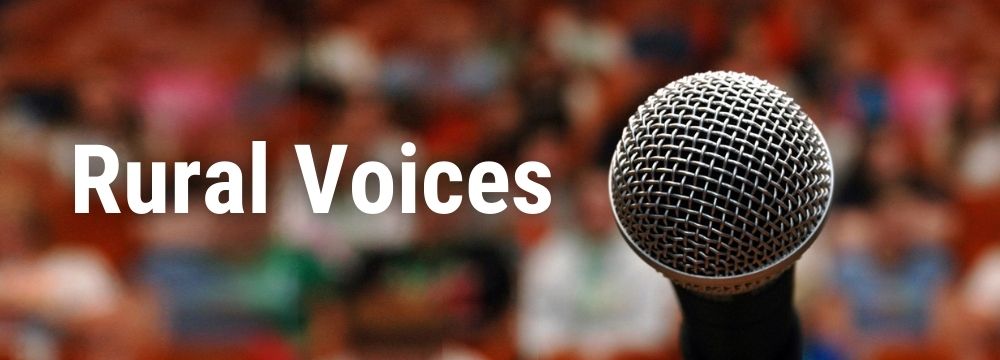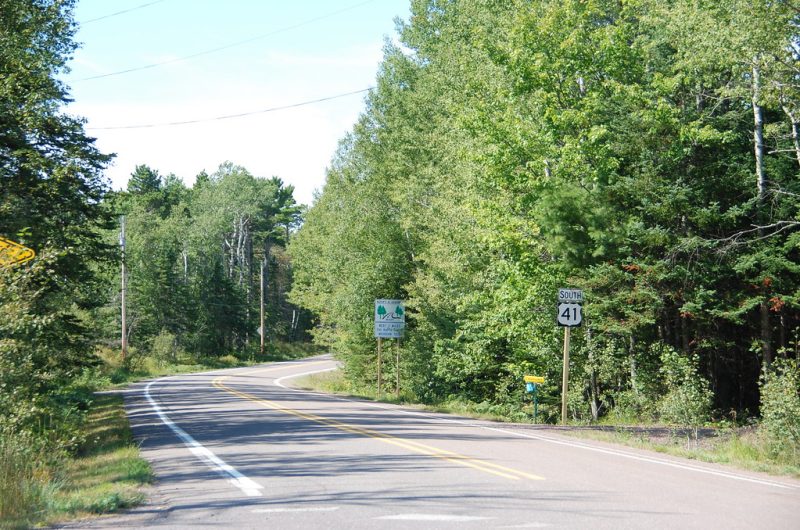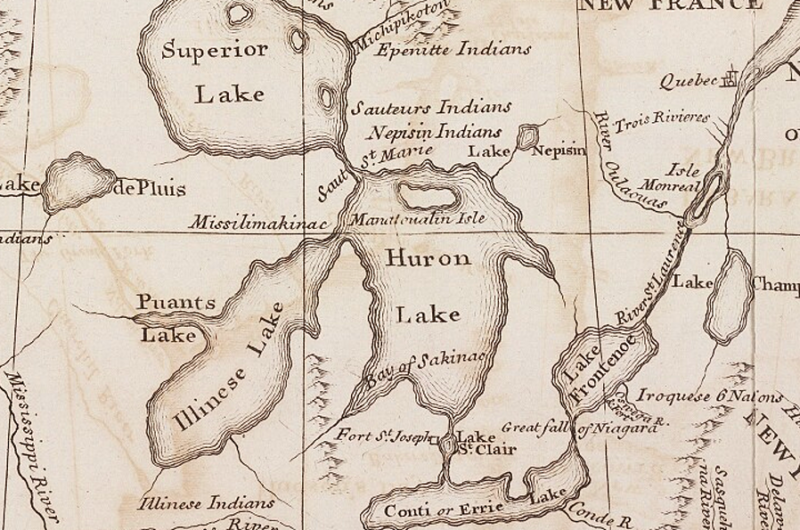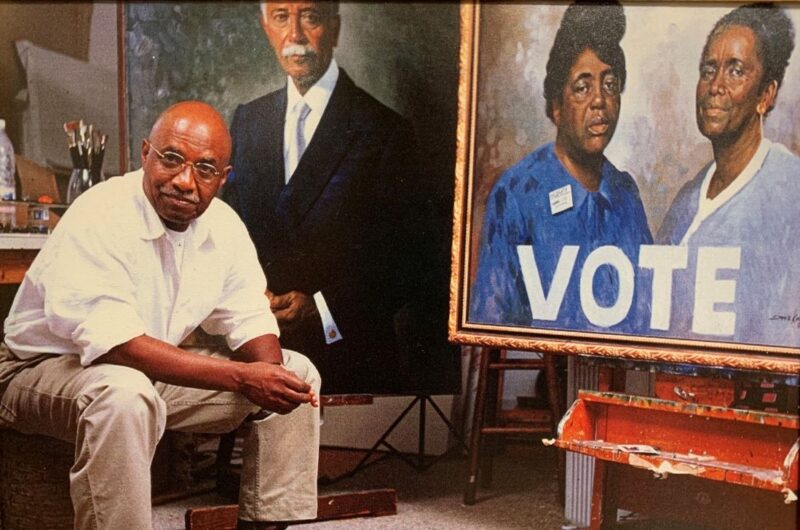
“Rural Voices” shares cultural, educational, economic and artistic views of people who have lived and thrived in the Upper Peninsula. Each of our authors in Rural Voices may be living here in the U.P. or living someplace around the globe, but the U.P. is an important part of who they are and what their beliefs and values are today. Rural Voices wants to share the voices of our neighbors and friends about life and experiences in the UP.
Recently Published
My Experiences Growing Up as a Copper Country Boy
Marquette’s Walt Lindala details his early experiences growing up in the Keweenaw in a Finnish household, and how these experiences shaped his view of the Upper Peninsula, the necessity for “SISU,” and the importance of education, the arts, and embracing change to make for a better future.
The French Regime in the Upper Peninsula – Part Two
Upper Peninsula historian Dr. Russell Magnaghi gives a fascinating overview of how the French explored and greatly influenced the history and development of Michigan’s Upper Peninsula. This is Part Two of a three-part, three-week series.
A Mentor’s Legacy Remembered for what Makes the UP Special
UP native Cameron Fure recounts his experiences in Marquette working for Getz’s Department Store, where he gained life-changing experience and knowledge through his mentorship with the late Rocky Getz. Cameron says this kind of opportunity was possible because of Marquette’s and the UP’s special qualities.
The French Regime in the Upper Peninsula – Part One
Upper Peninsula historian Dr. Russell Magnaghi gives a fascinating overview of how the French explored and greatly influenced the history and development of Michigan’s Upper Peninsula. This is the first part of a three-part, three-week series.
Celebrating Black History: Presidential Portrait Painter with Ties to the U.P.
February is the month in our nation when we intentionally celebrate and remember the stories of Black Americans. Erika Sauter, Director for the Iron County Historical & Museum Society, tells the story of Simmie Knox, a Black American artist with ties to Iron County, MI.





